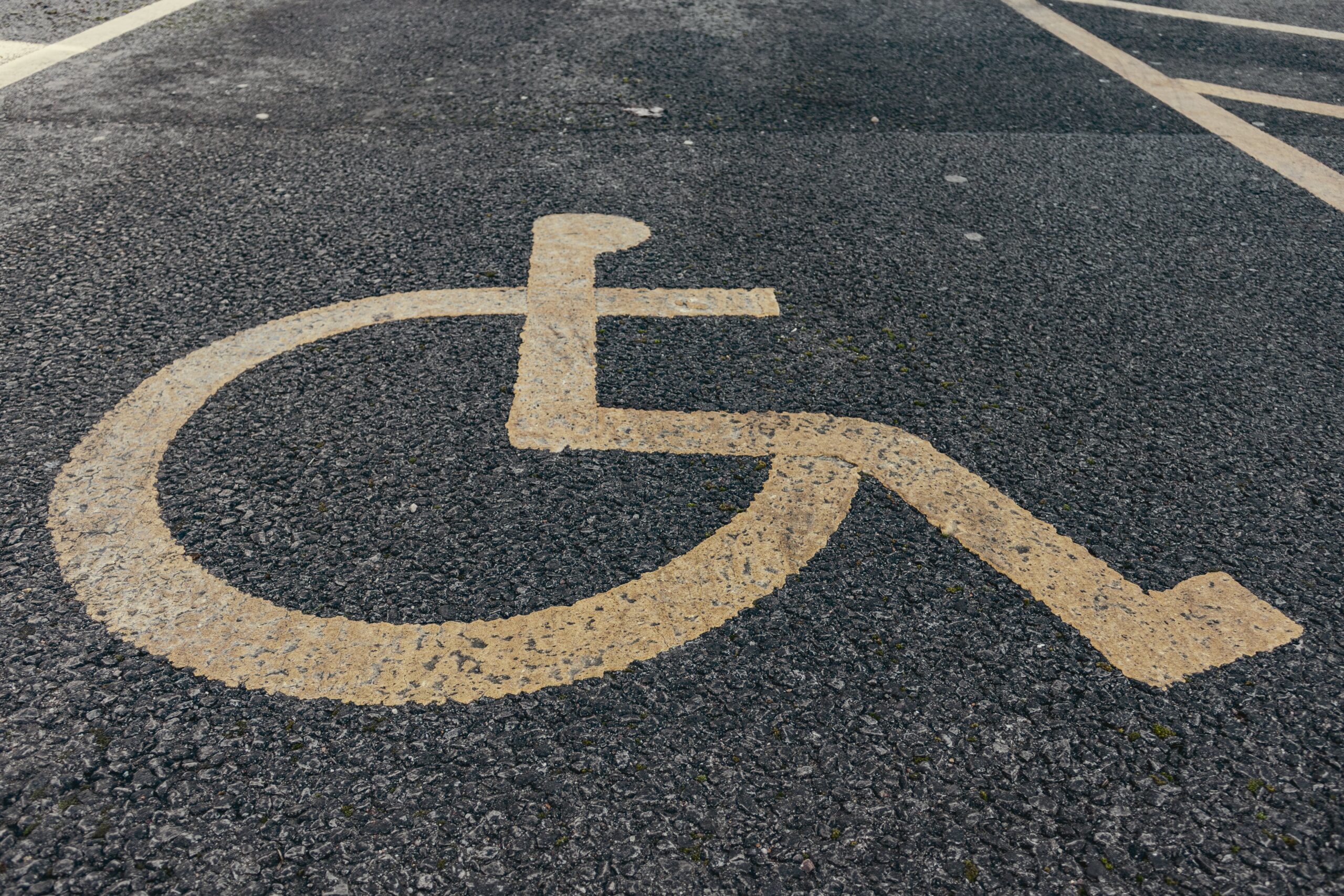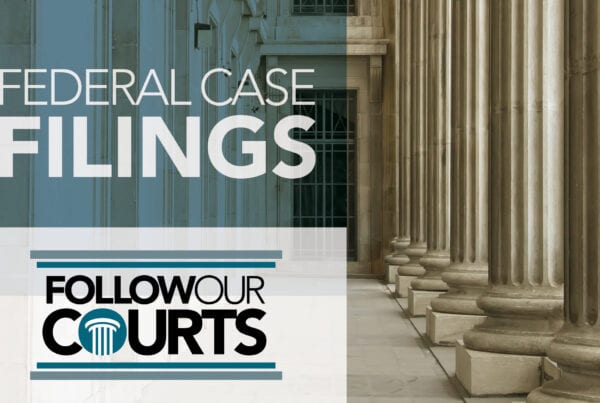District attorneys cannot use California’s Unfair Competition Law to prosecute lawyers for filing fraudulent disability complaints, California’s First Appellate District, Division Three, ruled Dec. 8.
The precedent-setting published ruling said that prosecutors can instead use Business and Professions Code Section 6128, which establishes attorney deceit to be a misdemeanor. Victims of attorney fraud also can work through the California State Bar’s disciplinary proceedings, the ruling said.
The ruling comes out of a joint prosecution by San Francisco and Los Angeles district attorneys against the firm Potter Handy, LLP. The prosecutors argued that Potter Handy’s cases “contain standing allegations Potter knows to be false, that Potter files the complaints as part of a shakedown scheme to extract coerced settlements from small business owners in California, and that this conduct constitutes an ‘unlawful’ business practice under our state’s unfair competition law (UCL),” according to the appellate ruling.
The appellate ruling did not rule if Potter Handy’s cases were fraudulent. It only decided that prosecutors cannot bring charges of the unfair competition law against attorneys.
Prosecutors filed their complaint against Potter Handy in April 2022. They allege that Potter files thousands of boilerplate lawsuits every year using both the Americans With Disabilities Act and the Unruh Civil Rights Act. These lawsuits, they argue, falsely claim that Potter’s clients have standing to sue in federal court, so that Potter can avoid California reforms that limit frivolous Unruh lawsuits.
The complaints, the ruling says, are made by a small number of litigants against small California businesses owned by immigrants. Their intent, prosecutors claim, is to receive cash settlements.
Russell Handy, one of the firm’s partners, filed 4,301 ADA cases in the California Central District Court between Jan. 13, 2005, and April 11, 2022, according to the federal court’s case access portal. That’s an average of just over four cases every day, including weekends.
The Central District includes San Bernardino, Riverside, Los Angeles, Orange, Ventura, San Luis Obispo and Santa Barbara counties.
The prosecutors relied on the attorney’s deceit law and the Rules of Professional Conduct to argue that Potter Handy was competing in unfair competition.
Potter Handy argued that California law granted them immunity from the suit. Communications that are part of a judicial proceeding are generally privileged, with some exceptions.
The firm also relied on a similar Riverside County case to argue the case should be thrown out. Riverside District Attorney Michael Hestrin had filed a similar complaint against The Association for Equal Access, run by attorney James Rutherford, in 2020. The complaint also named as defendants The Law Offices of Babak Hashemi and Manning Law, APC.
Prosecutors argued the attorneys had filed 120 fraudulent ADA lawsuits. The case attempted to bar the attorneys from filing fraudulent ADA lawsuits, and to provide restitution to businesses who had settled. That case was also thrown out due to the litigation privilege. The dismissal was affirmed in an unpublished Dec. 23, 2020 appellate ruling.
Potter Handy’s attempt to tie the Rutherford case to theirs was rejected by San Francisco Superior Court, and was not reviewed on appeal.
San Francisco Superior Court agreed that the litigation privilege barred the prosecution, and the district attorneys appealed.
The Court of Appeal agreed with Potter Handy. Their ruling said they do not condone Potter Handy’s actions, but that prosecutors took the wrong approach in their litigation.
“The Legislature took account of pertinent public policy concerns by making it a crime for an attorney to engage in fraudulent or collusive conduct intended to deceive the court or any party, not by carving out an exception to the litigation privilege for UCL cases aimed at this conduct,” they ruled.
In another case, Hestrin accused Big Bear attorney Ross Cornell of filing falsified court documents, a felony, on Oct. 7, 2022. That case was also thrown out. Riverside Superior Judge Matthew Perantoni ruled that Hestrin had no authority to prosecute conduct before federal courts.
California Court of Appeal, First Appellate District, Division Three Presiding Justice Alison Tucher wrote the opinion, which Justices Ioana Petrou and Victor Rodriguez joined.
Case No. A166490
Read the ruling here.








